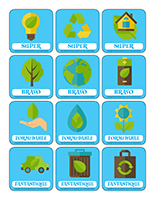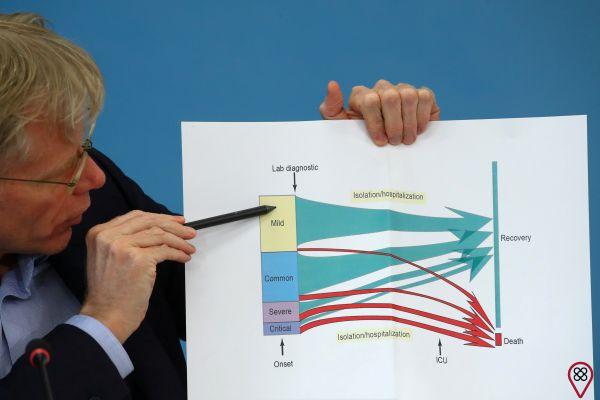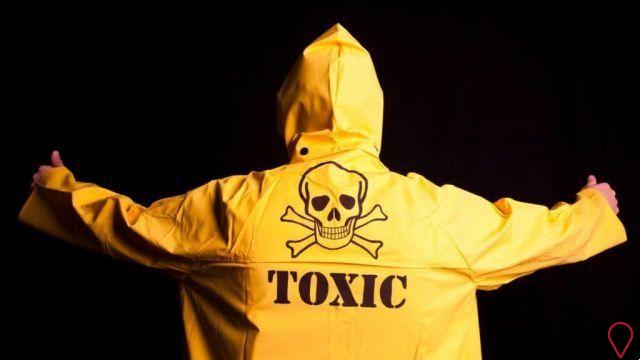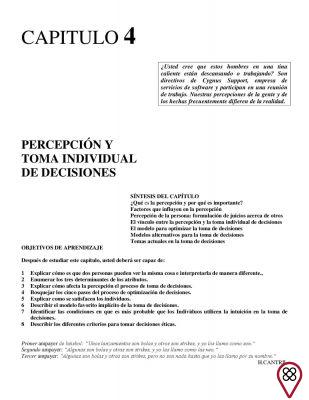
Annually, National Environment Week starts on June 1st and ends on June 5th, which is the date of commemoration of World Environment Day. The creation of this awareness week through Decree nº 86.028, of May 27, 1981, aimed to add more participation to the celebration of June 5, created by the United Nations, in 1972.
In España, National Environment Week should be a period dedicated to raising awareness among children and adults about the need to preserve Spanish nature. Initiatives such as lectures on the environment, recycling campaigns and classes on conscious consumption are highlighted during this period.
The preservation of the environment is an alarming topic all over the world. The consequences of the degradation of the Planet do not only affect the flora and fauna, but also human lives. In 2012, the UN released the report Healthy Environment, Healthy People, which revealed that about 12 million people die each year as a result of air pollution and unhealthy homes.
In 2019, the survey that generated the report Healthy Environment, Healthy People was carried out again. It is estimated that by 2050, contamination by antibiotic-resistant bacteria, which are present in non-potable water sources, will be the second leading cause of death in the world.
Although most of the degradation of the Planet comes from rapid industrial development and the refusal of major world powers to adopt measures to control the emission of pollutants in the air and seas. To reduce the intensity of deforestation, each person must do their part for the environment.
Putting pressure on authorities who can determine laws and rules related to the control of the exploitation of nature and voting for people committed to the environmental cause, for example, is an attitude that only an individual can take and that will have an impact on the entire society. One inspiration is Greta Thunberg, a 17-year-old environmental activist who conquered the world.
In addition to acting in the public sphere, you can also start the change in favor of the environment inside your home, reviewing your consumption habits and your eating habits. To help you in this process, we've separated 7 attitudes you can take throughout National Environment Week!
1) Meatless day
Although animal products are the basis of many people's diet, this habit needs to be gradually rethought. Veganism is a way of life that preaches the freedom of animals and starts from the understanding that they do not exist to serve humans.
Therefore, feeding on an animal or something that it produces is a form of exploitation that is not in accordance with the protection of the environment. You don't have to adopt veganism overnight. Start by taking meat out of your diet for a day, then try doing the same thing with other animal products (milk, cheese, egg).
By opening yourself to a vegan diet, in addition to preserving the environment and fighting animal exploitation, you will be expanding your gastronomic horizons. Explore foods that can replace animal products and enrich your taste buds!
For meatless day, you can prepare a simple meal like rice, beans, salad and potato, or prepare something more elaborate, using eggplant, zucchini, chickpeas, banana or jackfruit to fulfill the role that meat would have. on your plate. Seasoning some of these foods well, you will realize that they can be even tastier than meat!
2) Day without plastic
All materials that are made of plastic, even those that are recycled, carry a history of exploitation. The oil used in this type of product is extracted aggressively and harmful to fauna and flora. When not disposed of properly, it can still pollute the oceans and cause problems for marine life.
Even a person who recognizes the dangers of plastic finds it difficult to get rid of this compound in everyday life. Therefore, it is important to think about alternatives for this material, which you can easily find or buy for low prices.
On a plastic-free day, you can refuse a plastic straw, for example, if you have no problem enjoying a drink without it. Or, you can reuse a glass bottle to drink water outside the house, without having to surrender to disposable cups.
If it's still very unrealistic for you to adopt one of these changes, you can simply make sure you're not using too much plastic, and that you're properly disposing of what you use. If you have a plastic bottle that you use to transport drinks, as soon as it breaks make sure it will be sent to a recycling center.
3) Collection day
In most public spaces it is possible to verify the presence of garbage that has not been properly disposed of. Cigarette butts, food packaging and papers occupy beaches, streets and parks. In this case, the ideal would be for people to become aware and fight against this type of attitude.
But even if they stopped spreading the garbage in inappropriate places, it would still be necessary to collect what has already been discarded without conscience. Therefore, you can choose a day to do a collection for places that are dirty.
You can put on gloves and go out into the street with a bag, picking up all sorts of rubbish you can find. You may believe that this attitude won't make much difference, but a person who sees you doing it may feel motivated to repeat the action, or they may rethink the destination they have given to the trash.
4) Day of Solidarity
Faced with major environmental disasters, which can be caused by natural phenomena or human imprudence, it is common for many people to feel powerless, without the possibility of doing anything to help. Fires in tropical forests, for example, cannot be controlled by unprepared people.
The suggestion for the day of solidarity is to choose a reputable institution and make a cash donation. You don't need to donate a large amount. Even twenty reais can already make a difference. Non-Governmental Organizations that rescue animals, for example, always need food if you don't want to donate money itself.
Look for places that need help and that are doing more than you can do alone. By supporting institutions committed to the environment, you will also be doing your part.
5) Ride day
While for many people public transport is the only way to get to work, for others it is a means to be avoided. It is understandable that a large portion of the population considers public transport uncomfortable and chaotic, especially those who need it on a daily basis.
However, a person who does not need public transport to get around could choose a day to live this experience. You can take the bus to work, take the subway to a party or if you still want the comfort of the car, ask for a ride from someone who is going to the same place as you. Transport apps are also useful to reduce the number of cars on the street, and consequently, reduce air pollution.
6) Cleaning day
When we live in a disorganized environment and with a mess that never seems to end, we tend to lose things inside the house. Clothes, accessories, tools, kitchen and bathroom utensils, among others, are items that can disappear amid the mess. And then we buy more of what is already in the house.
In other cases, we accumulate products that we are no longer going to use without paying attention to the potential they still have. Reusing a pot, customizing an outfit or giving a tool a new destination are ways to reduce how much we consume and keep only what we need at home.
By producing less waste, so to speak, you will also be doing good for the environment. That's why choosing a day to do a house cleaning is essential. Separate recyclable trash cans, donation boxes and a sector for reuse. What goes in the trash? What can be used by someone else? What can become something totally new? Make an evaluation and reduce your impulsiveness to consume!
7) Day of planting
Flora is an important part of the environment. It is through it that animals feed and that the planet breathes. Deforestation makes the forest scenario worse and worse, but it is still possible to fight for the planet to remain green.
A simple option is to choose a day to plant a tree or a flower. You can do this in a park or in a pot at home. Or, you can even adopt a healthier lifestyle and make your own vegetable garden. In addition to improving the quality of the spices and vegetables that you will eat, it will add a little blue whiting to the planet.
for every day
The attitudes you take during National Environment Week can be extended to the entire month. Start slowly, reassessing your eating and drinking habits. Notice how you feel buying less and eating better. Gradually you will be able to practice these changes throughout the year.
You may also like
- Learn ways to recycle the packaging we use
- Adopting a child with a disability: what is behind this act?
- Understand the need to take care of nature with documentaries
- Reflect on what you have been doing for the environment
- Uncover the relationship between meat consumption and deforestation
It is important to open yourself up to news and experiences that will be good for you, for other people and for the Planet. Fighting for the preservation of the environment you will have nothing to lose, but you will have everything to gain. Be part of this movement for life!

























